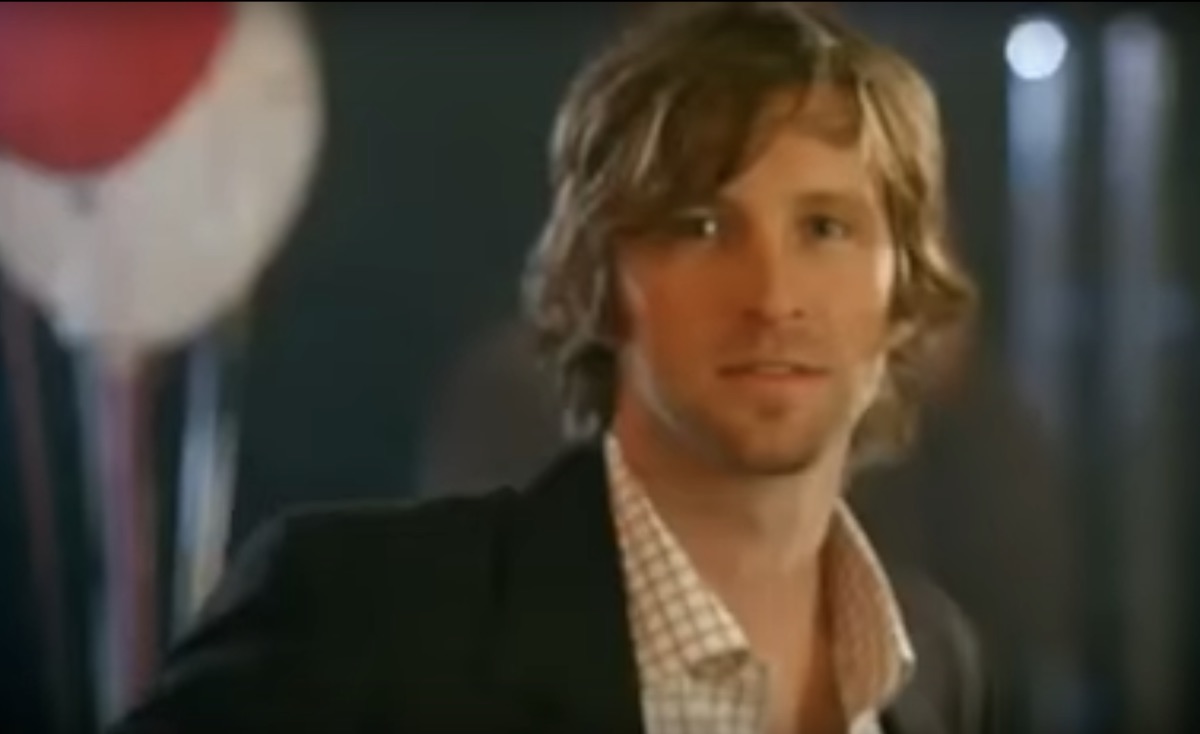
A songwriter recently asked me: Is it copyright infringement if I use eight notes of a hit song melody?
ANSWER: When you think about it, there are only 12 notes in an octave. And only a few of those sound good in a melody. So, really, any eight notes are going to be in plenty of songs. The trick is to make sure your eight notes don’t remind listeners of a song that isn’t yours. If they do, that’s called “substantial similarity.”
Substantial similarity is one of the tests for copyright infringement. If your eight notes are in the same order and have the same melodic rhythm as a hit song then there’s likely to be too much similarity. And that’s not good.
The truth is there’s NO hard and fast rule that determines how many notes of someone else’s melody you can use in a song of your own. It may only take two or three notes if they feature a very recognizable interval jump or rhythm. But here are some ideas that can help you out.




